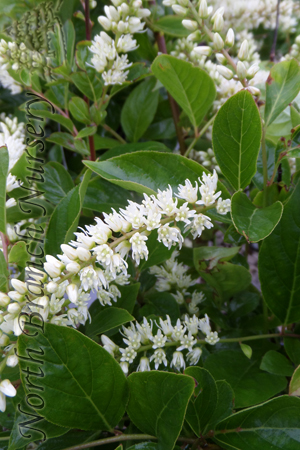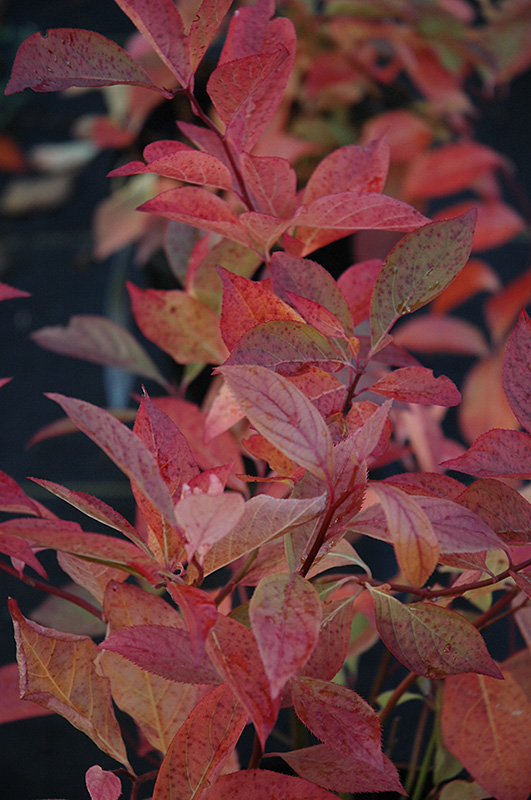Looking for a particular Plant? Try our Plant Finder Tool.
Little Henry® Virginia Sweetspire
Itea virginica 'Sprich'
Height: 3 feet
Spread: 3 feet
Sunlight:
![]()
![]()
![]()
Hardiness Zone: 6a
Group/Class: Itea
Brand: Proven Winners
Description:
A compact spreading version of this native shrub which features extremely long and narrow panicles of white flowers in early summer, consistently reddish-purple fall color; good for the garden or for naturalizing, spreads to form small colonies
Ornamental Features
Little Henry® Virginia Sweetspire has racemes of fragrant white flowers at the ends of the branches in early summer. It has green deciduous foliage. The narrow leaves turn an outstanding burgundy in the fall. The purple stems can be quite attractive.
Landscape Attributes
Little Henry® Virginia Sweetspire is a dense spreading deciduous shrub with a ground-hugging habit of growth. Its average texture blends into the landscape, but can be balanced by one or two finer or coarser trees or shrubs for an effective composition.
This shrub will require occasional maintenance and upkeep, and should only be pruned after flowering to avoid removing any of the current season's flowers. It is a good choice for attracting butterflies and hummingbirds to your yard. Gardeners should be aware of the following characteristic(s) that may warrant special consideration;
- Suckering
Little Henry® Virginia Sweetspire is recommended for the following landscape applications;
- General Garden Use
- Naturalizing And Woodland Gardens
Planting & Growing
Little Henry® Virginia Sweetspire will grow to be about 3 feet tall at maturity, with a spread of 3 feet. It tends to fill out right to the ground and therefore doesn't necessarily require facer plants in front. It grows at a medium rate, and under ideal conditions can be expected to live for 40 years or more.
This shrub performs well in both full sun and full shade. It is an amazingly adaptable plant, tolerating both dry conditions and even some standing water. It is not particular as to soil type or pH. It is somewhat tolerant of urban pollution. This is a selection of a native North American species.





